IOT can help drivers find nearby charging stations more quickly, save operating expenses, and avoid standing in line for extended periods of time, writes Prasanna Kr. Srivastava
The need to achieve long-term sustainability goals, along with rising petrol costs, are driving Indians to switch to electric cars (EVs). By 2030, the Indian EV market is anticipated to be worth over USD 50 billion.
While the demand for EVs is increasing, there are still difficulties associated with using them.
Customers are wary of buying an EV since the electric vehicle industry is still in its infancy. They worry about range anxiety, charging time, and the availability of charging stations because they are used to the abundance of petrol stations. Neither insurers nor lenders can identify or quantify risks, let alone calculate lingering values.
Internet of Things (IoT) is playing an important role by addressing the core cause of most uncertainty by delivering real-time data. Using telematics, IoT aims to overcome the limitations of current vehicles by installing sensors all over the body of an EV to collect data in real time.
IoT devices in EV offer:
- Real-time performance suggestions based on speed, acceleration, and other parameters.
- The use of real-time tracking, geo-fencing, and immobility to prevent theft.
- Statistics on vehicle performance such as range per charge, vehicle usage and performance variations due to geographic location or weather conditions may all be tracked.
- Planning for warranty and maintenance.
Sundar Iyer, Founder and CEO, SKS Cleantech says: “IoT plays a very crucial role in democratizing the data and using it to make this ecosystem not just safer, but also acting as a technology accelerator where they keep pushing the limits to make the system and subsystems better and better.”
Ineffective charging infrastructure is a major barrier to EV adoption in India. To better understand their charging stations’ real-time load forecasts, operators can use servers with IoT capabilities as a ball bearing.
By incorporating IoT into the electric vehicle (EV) ecosystem, drivers will be able to find nearby charging stations more quickly, save operating expenses, and avoid standing in line for extended periods of time.
Chandan Mundhra, Founder & CEO –Save Electric Vehicles says, “EV adoption is rising in India at a record pace despite all the challenges, and IoT is the catalyst for the entire ecosystem. At a vehicle level, it ensures safety, asset security, ease of financing etc, thereby addressing all the major bottlenecks of EV adoption. IoT also is the base of efficient charging infrastructure network.”
Through a variety of sensors and broadcasting technologies, the Internet of Things paradigm offers existing facilities with a real-time interactive image of the physical world. While implementing services for the EV customer, IoT service providers are focusing on control and efficiency.
Range concern will diminish when EV charging stations grow like PCOs did in the 1990s, thanks to the low cost of the solution.
In case you missed:
- None Found



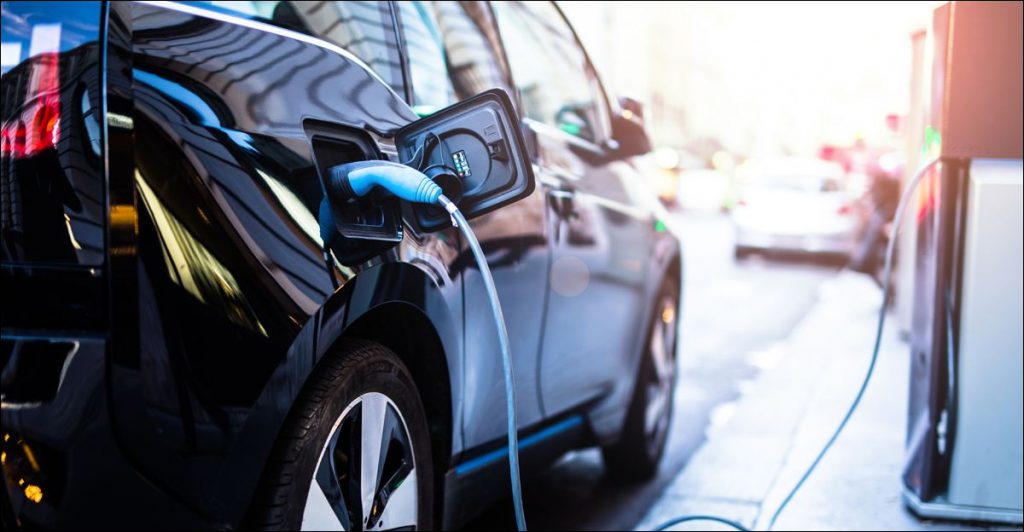
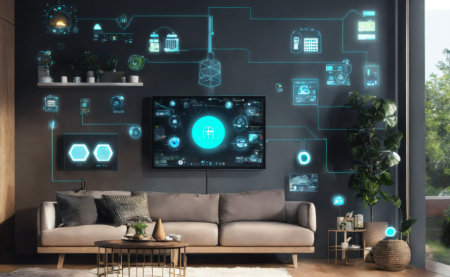

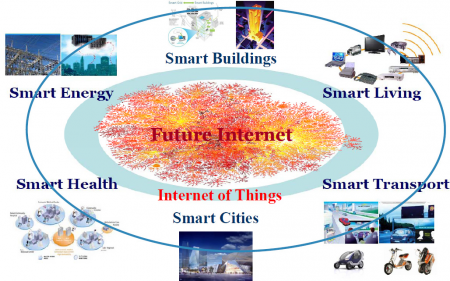
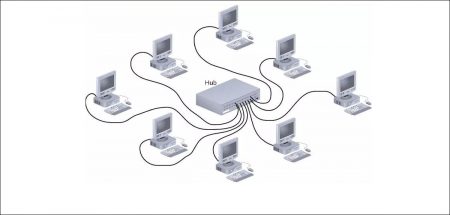
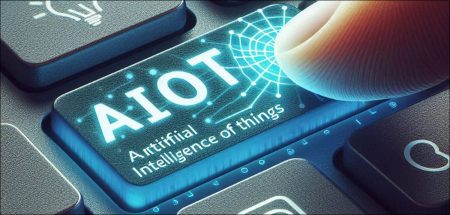

1 Comment
Thank you for sharing the information about iot fuels India’s electric vehicles ambition, it is good article, keep sharing.